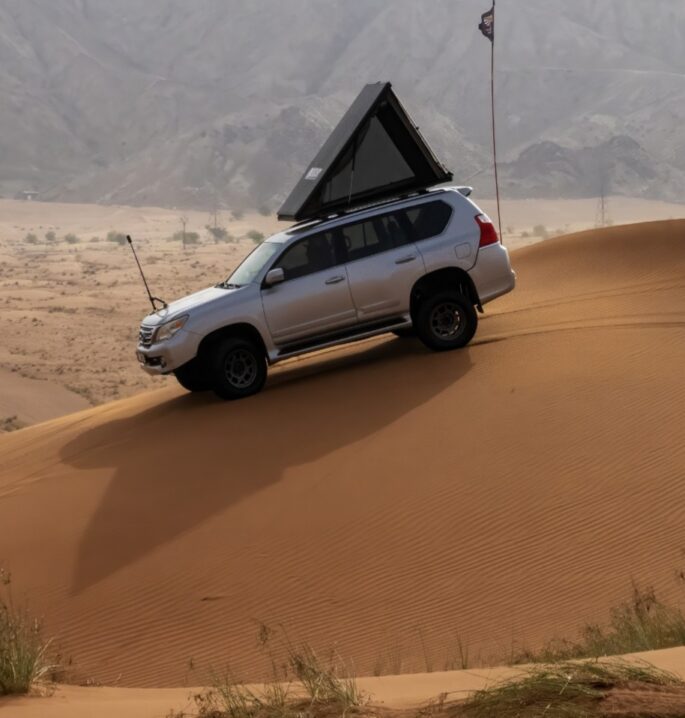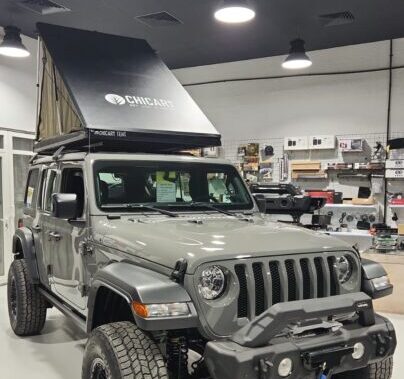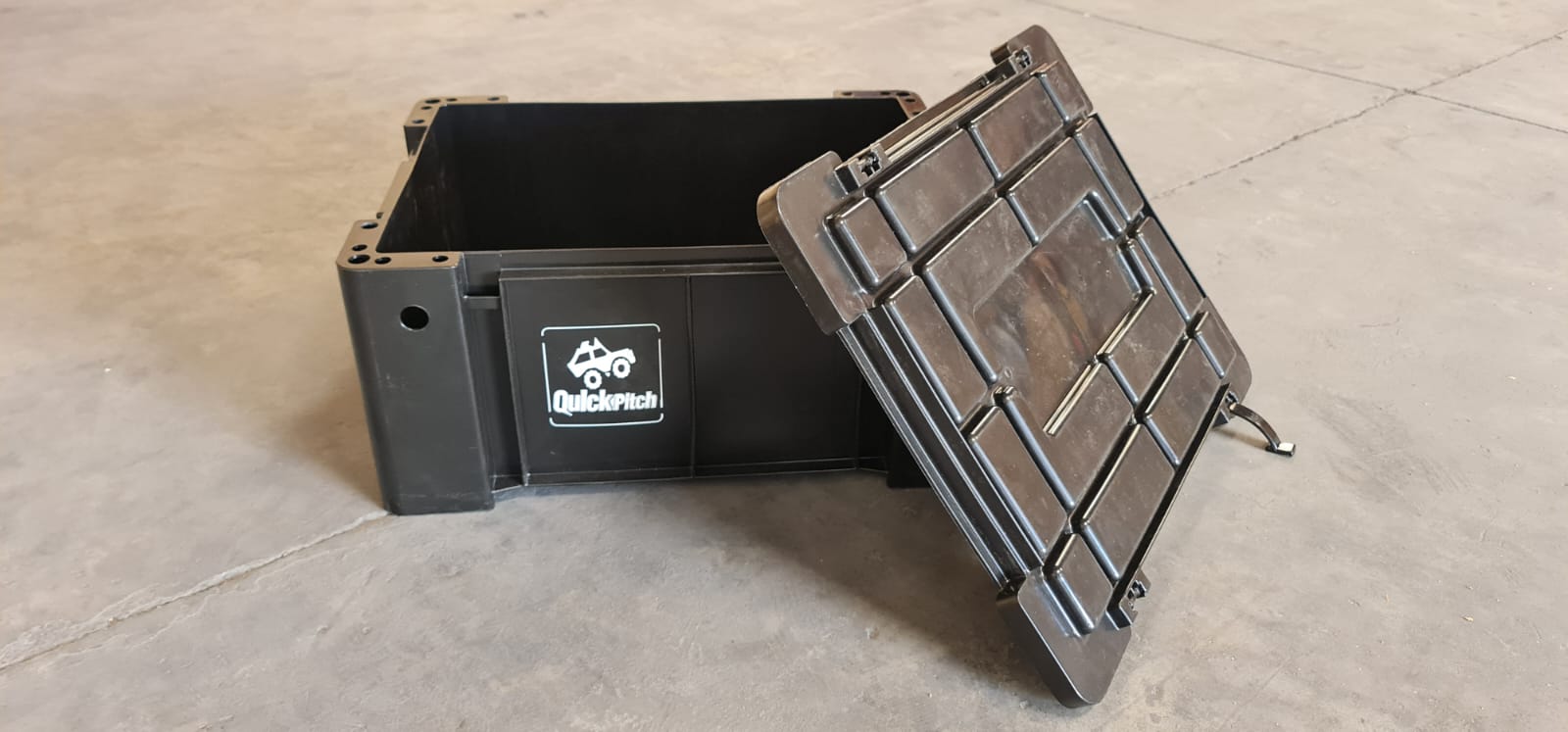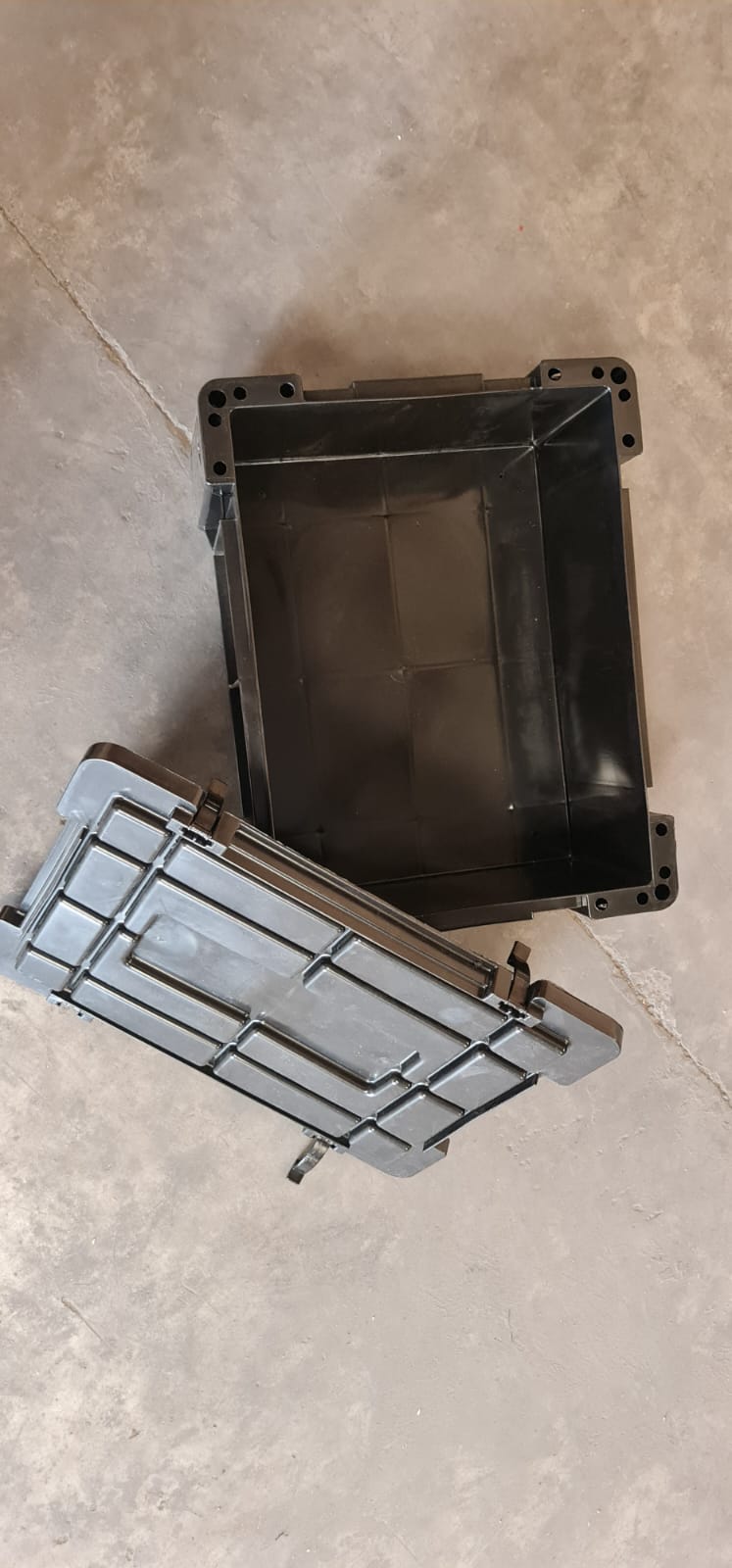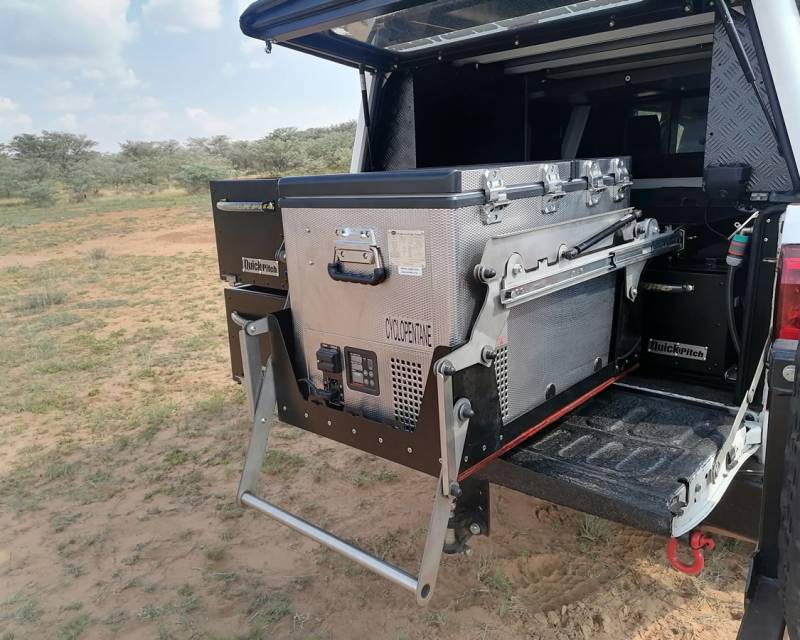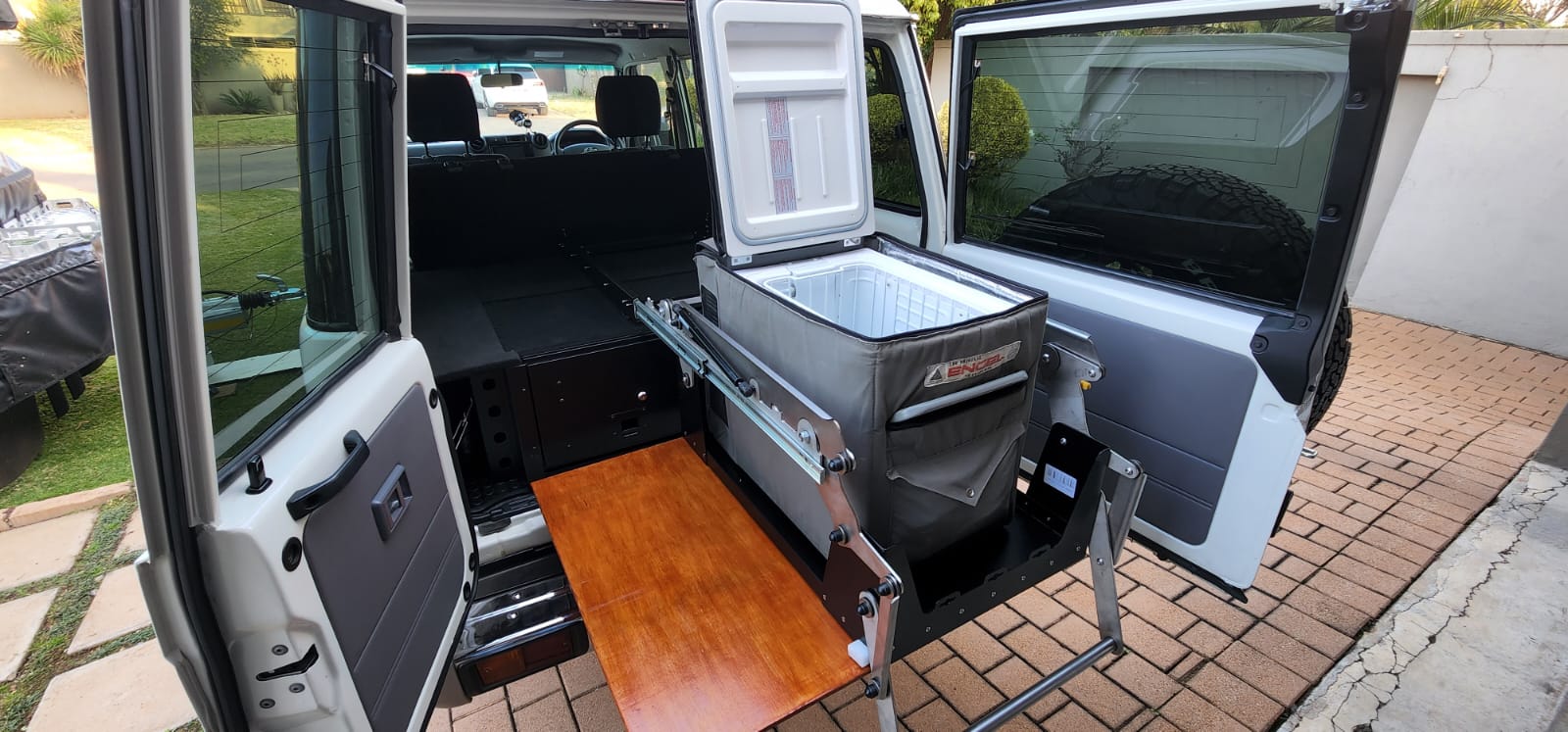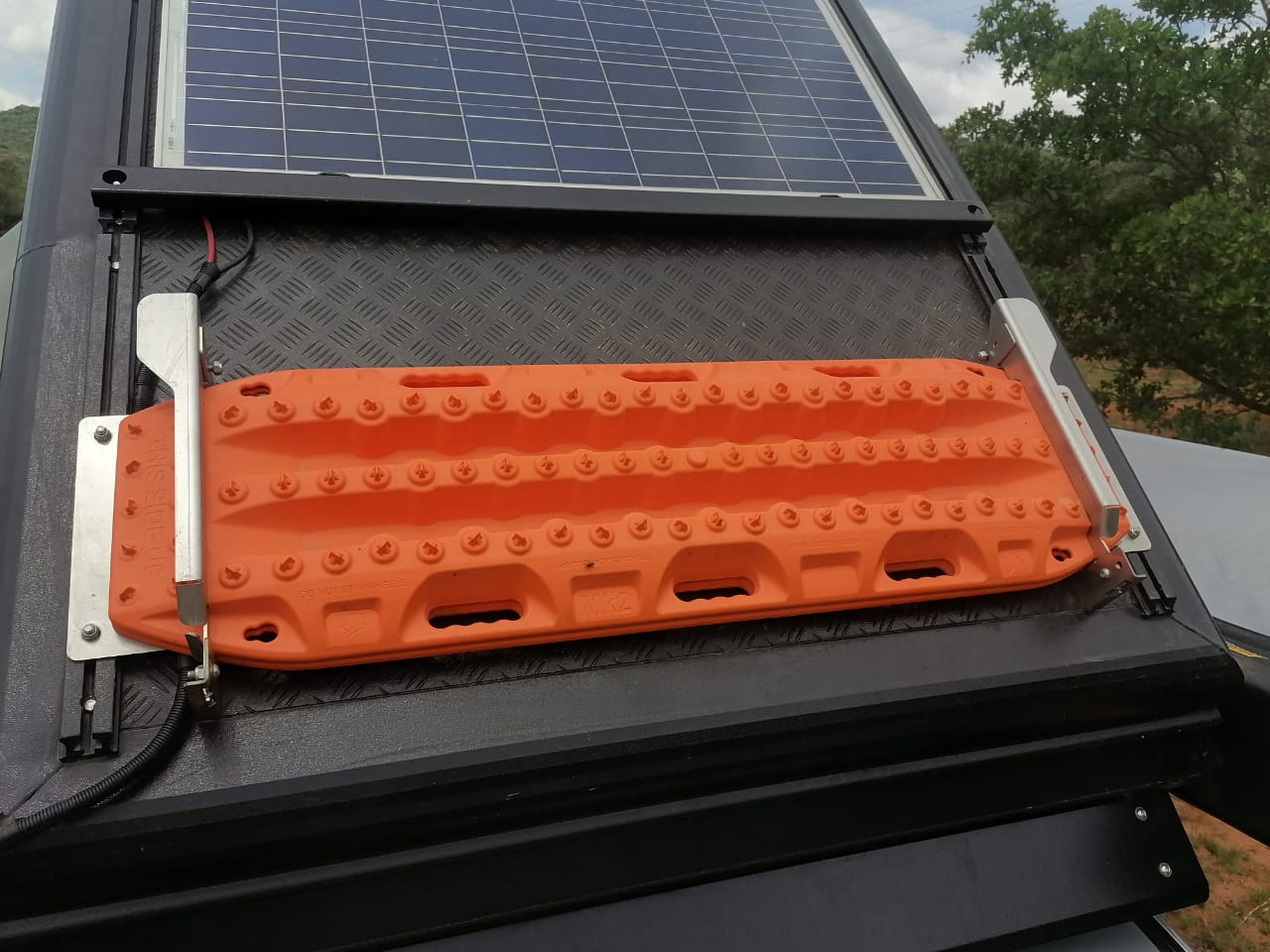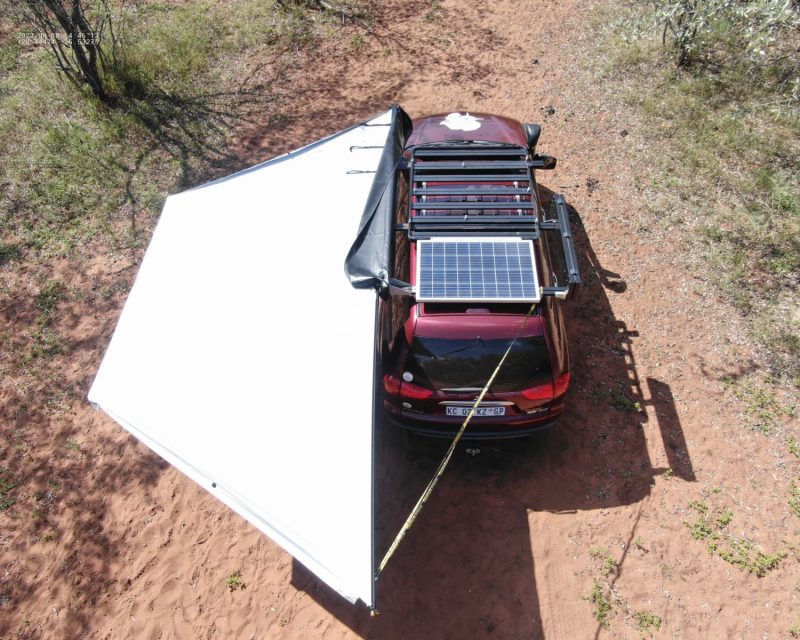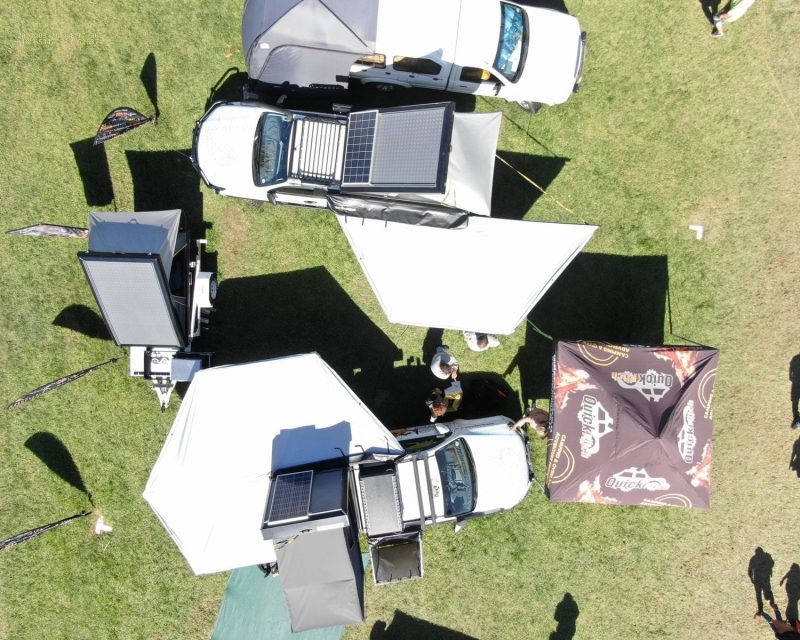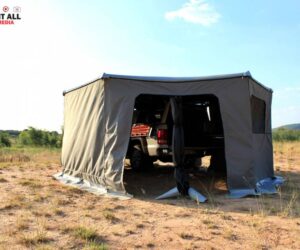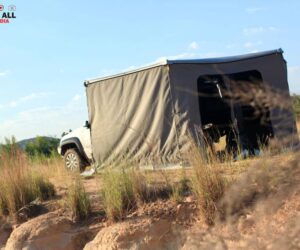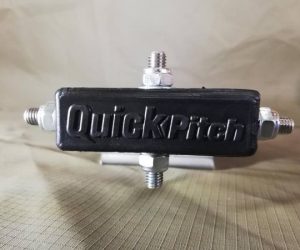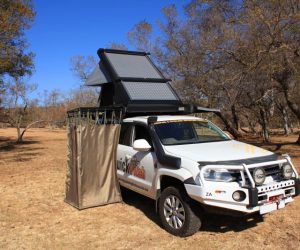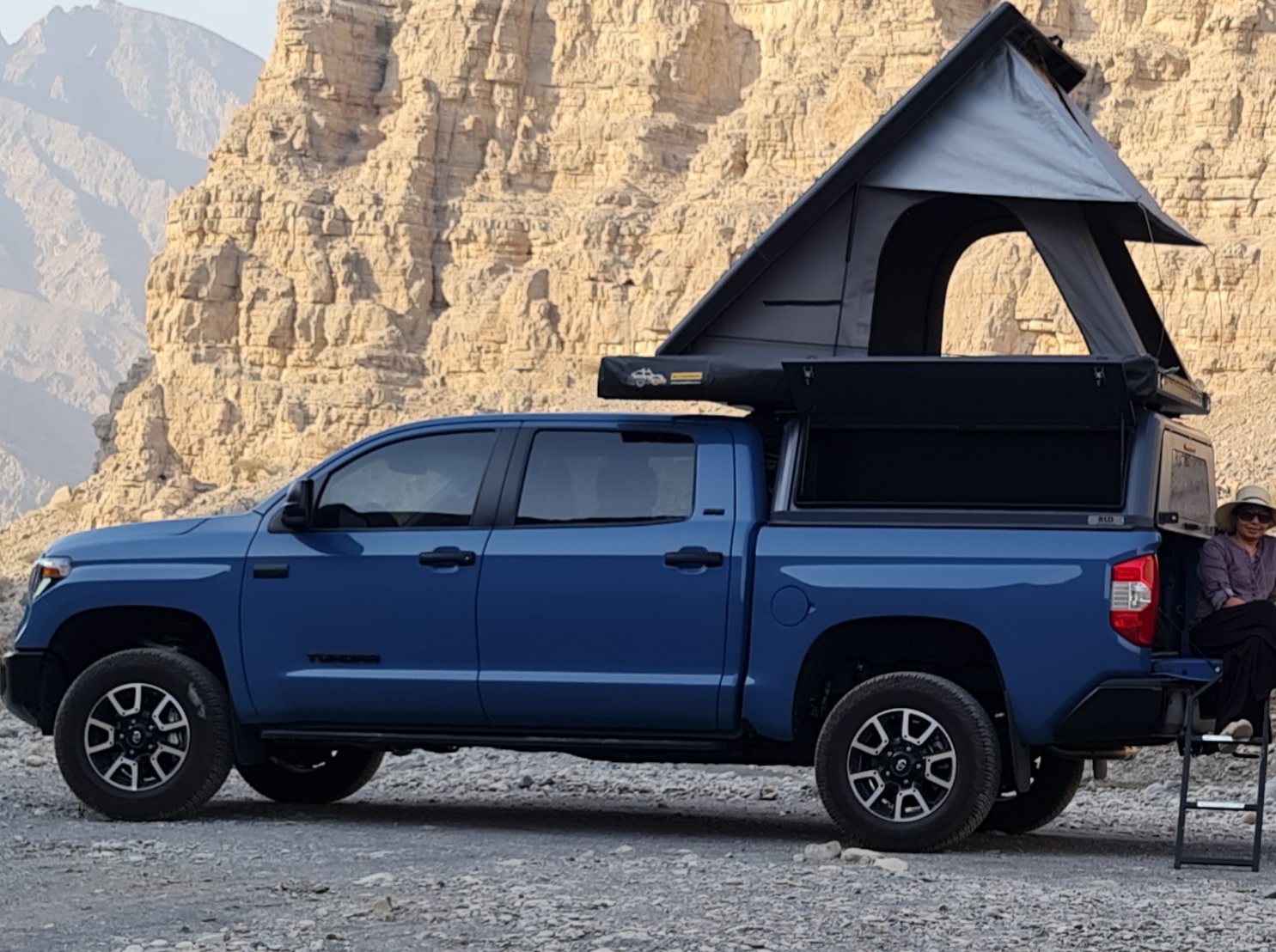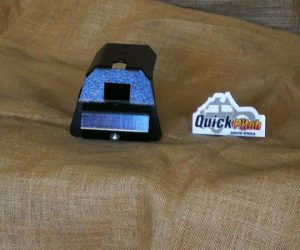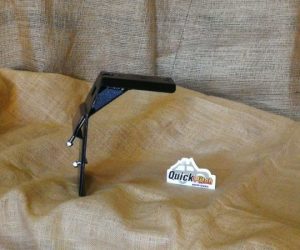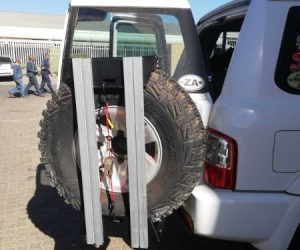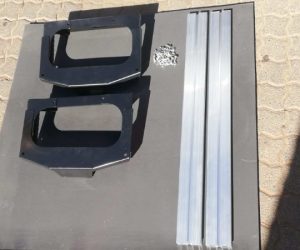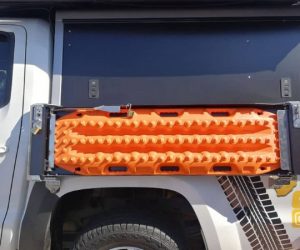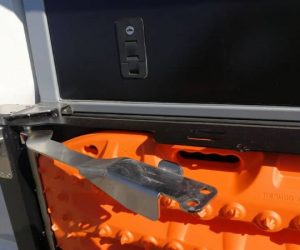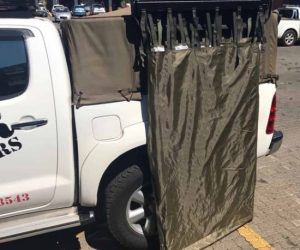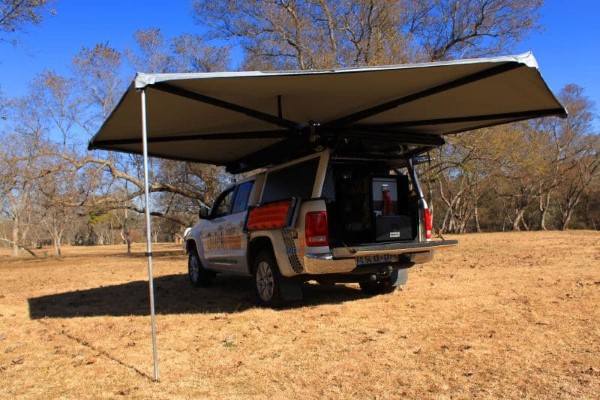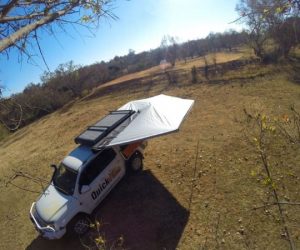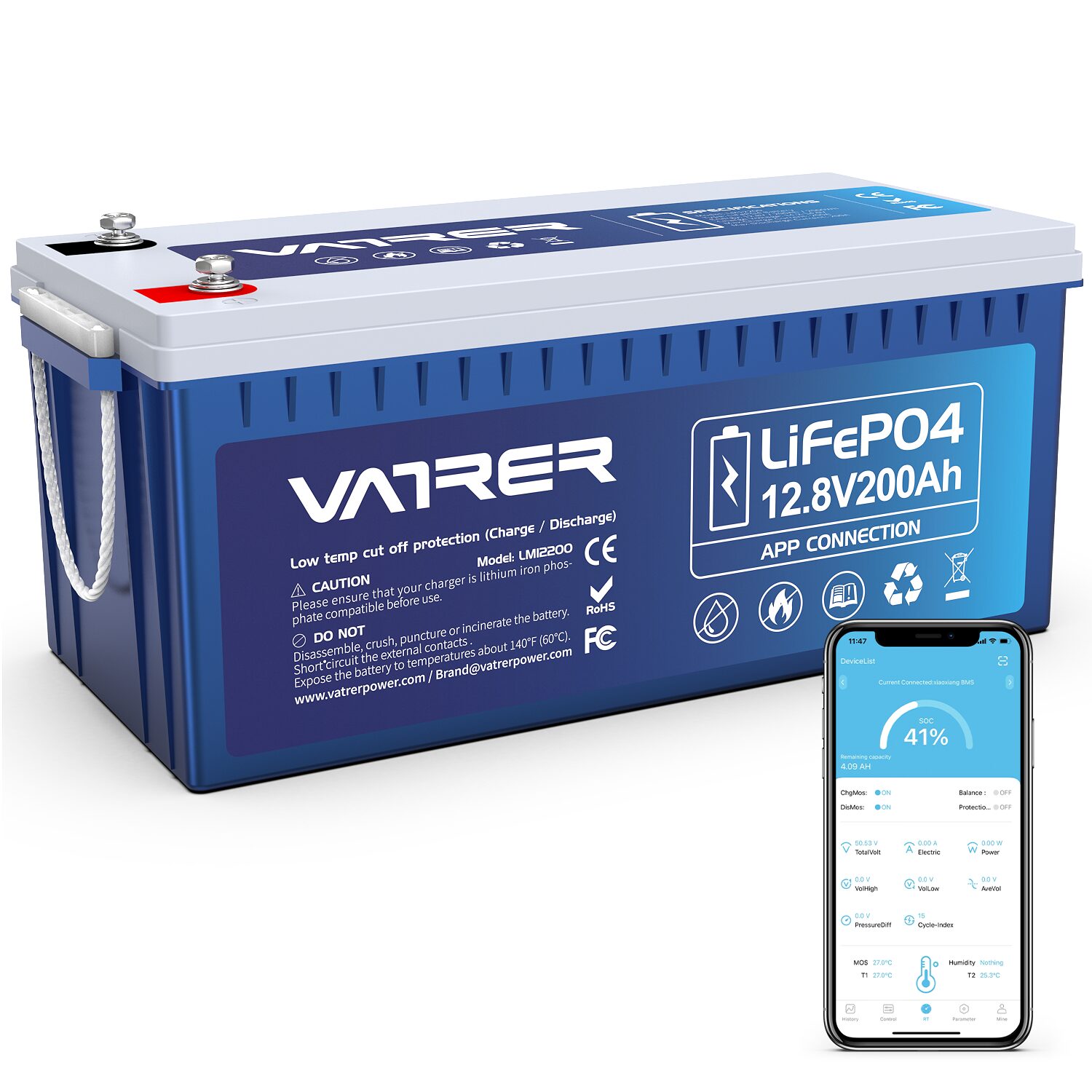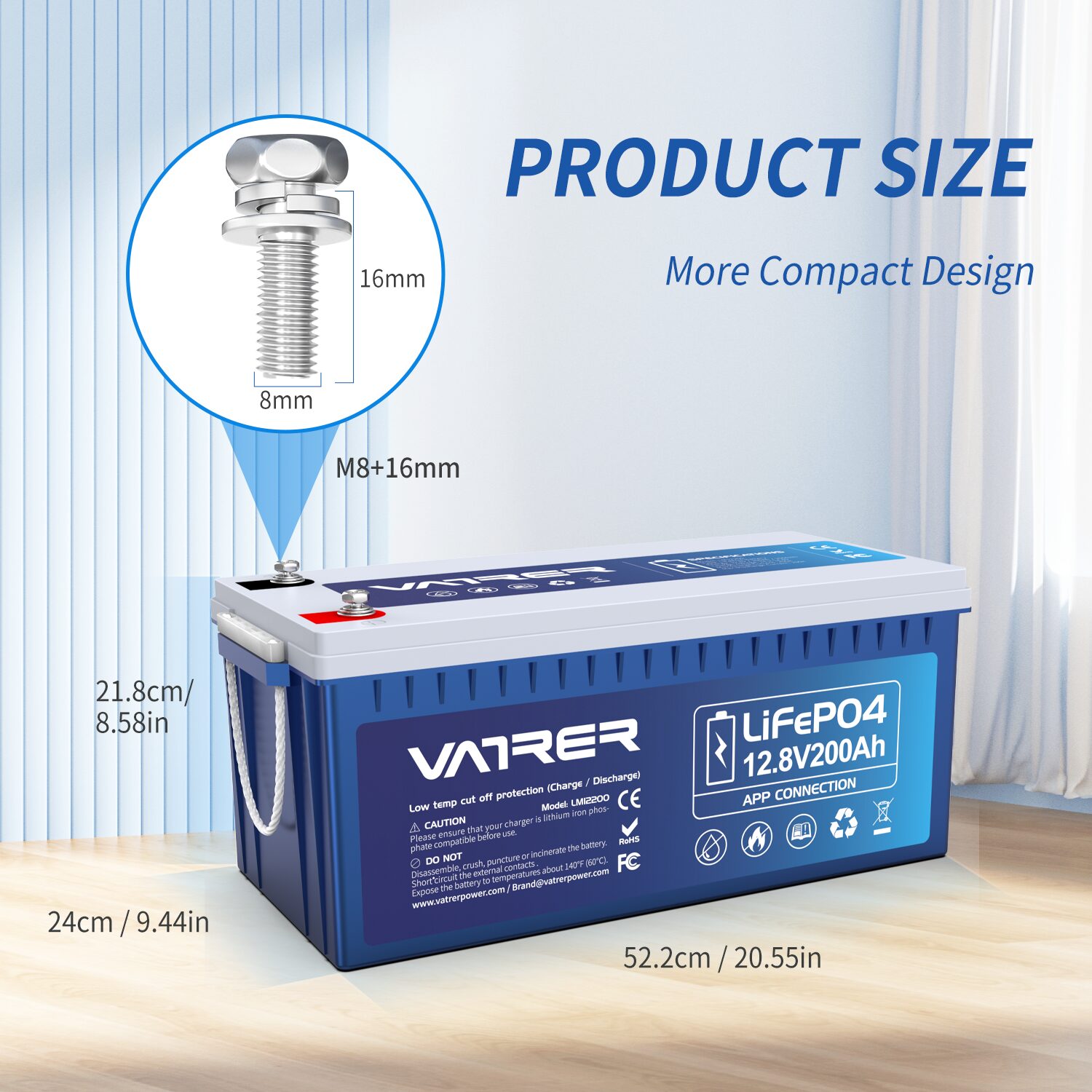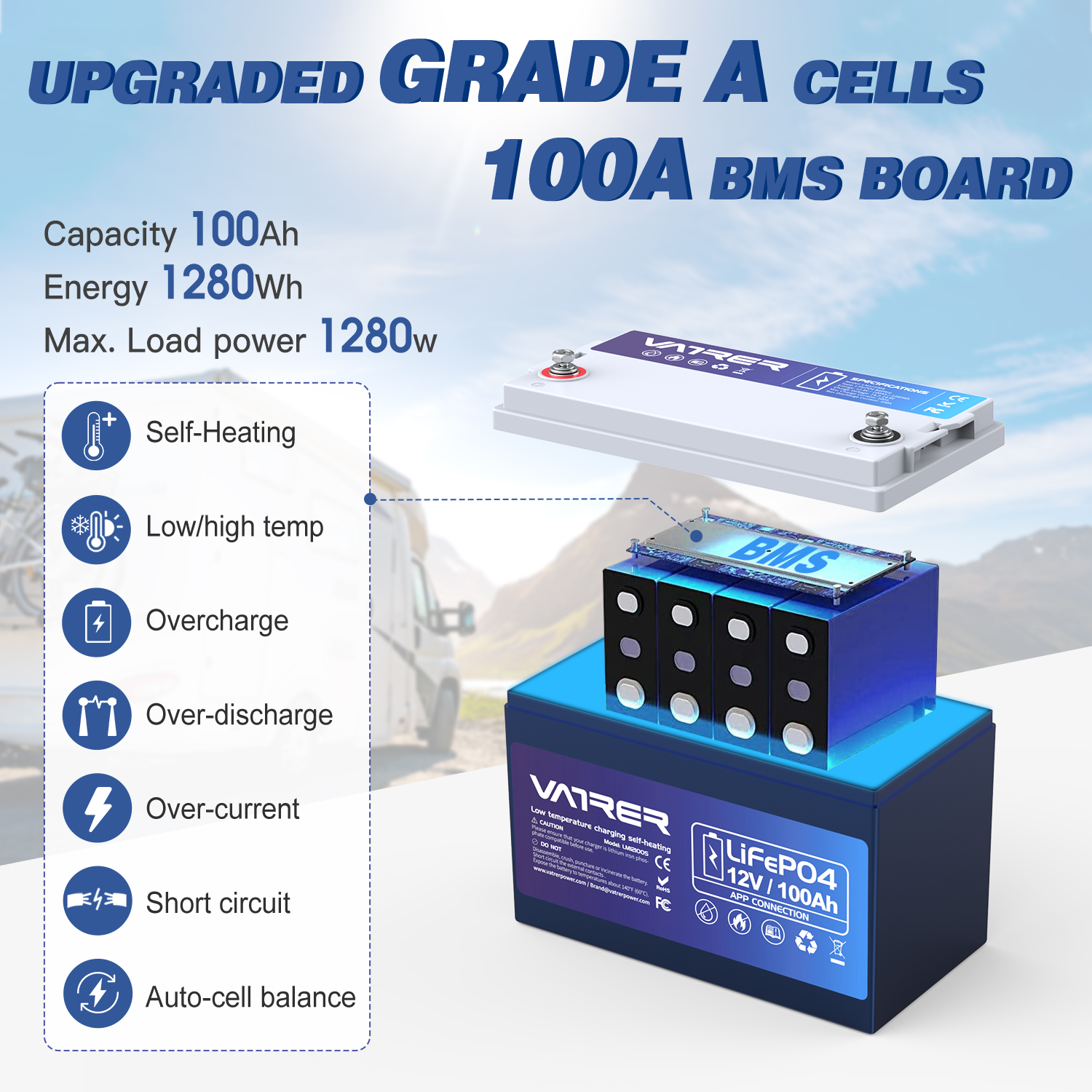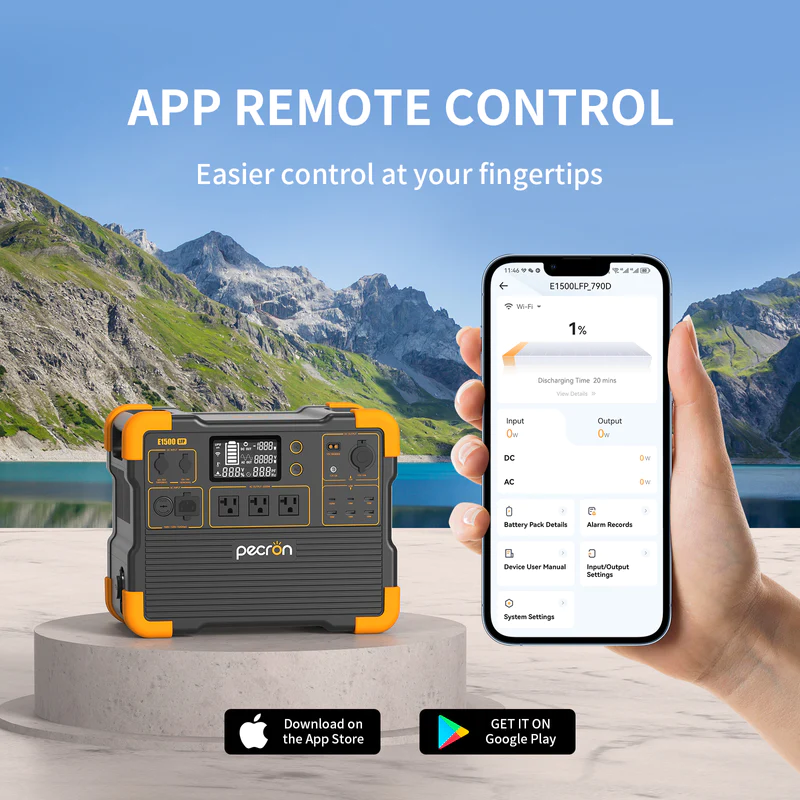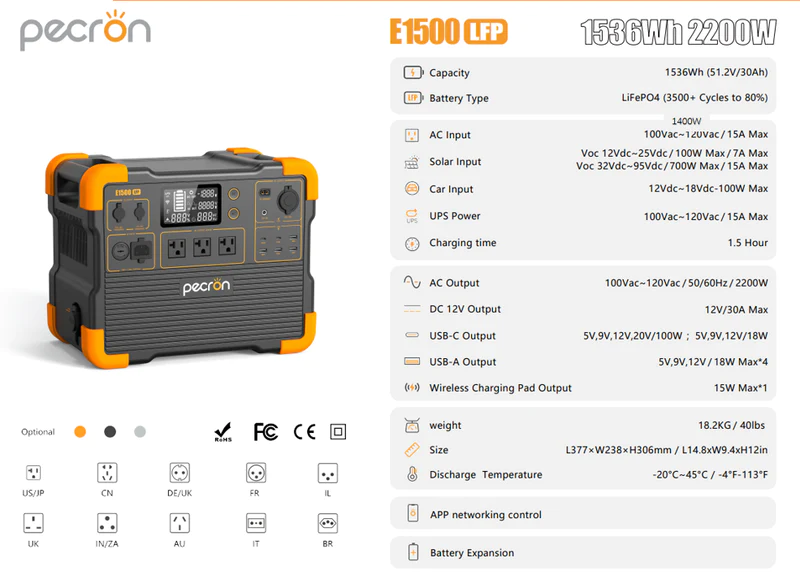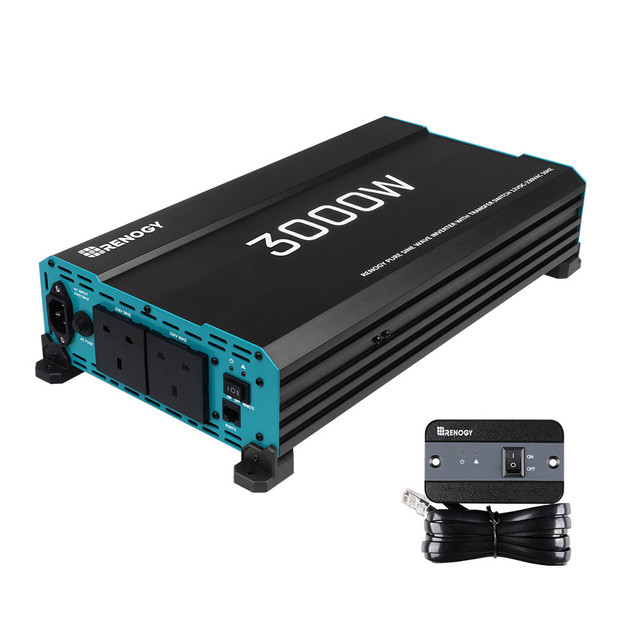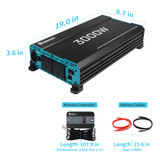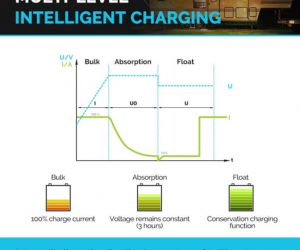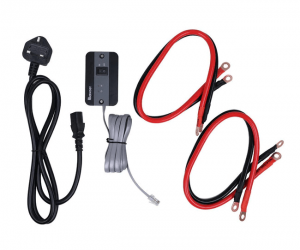- +97143936855
- sales@overlandgcc.com
- Mon-FRI 8AM to 5PM, SAT 9am-13:30pm- SUN: CLOSED

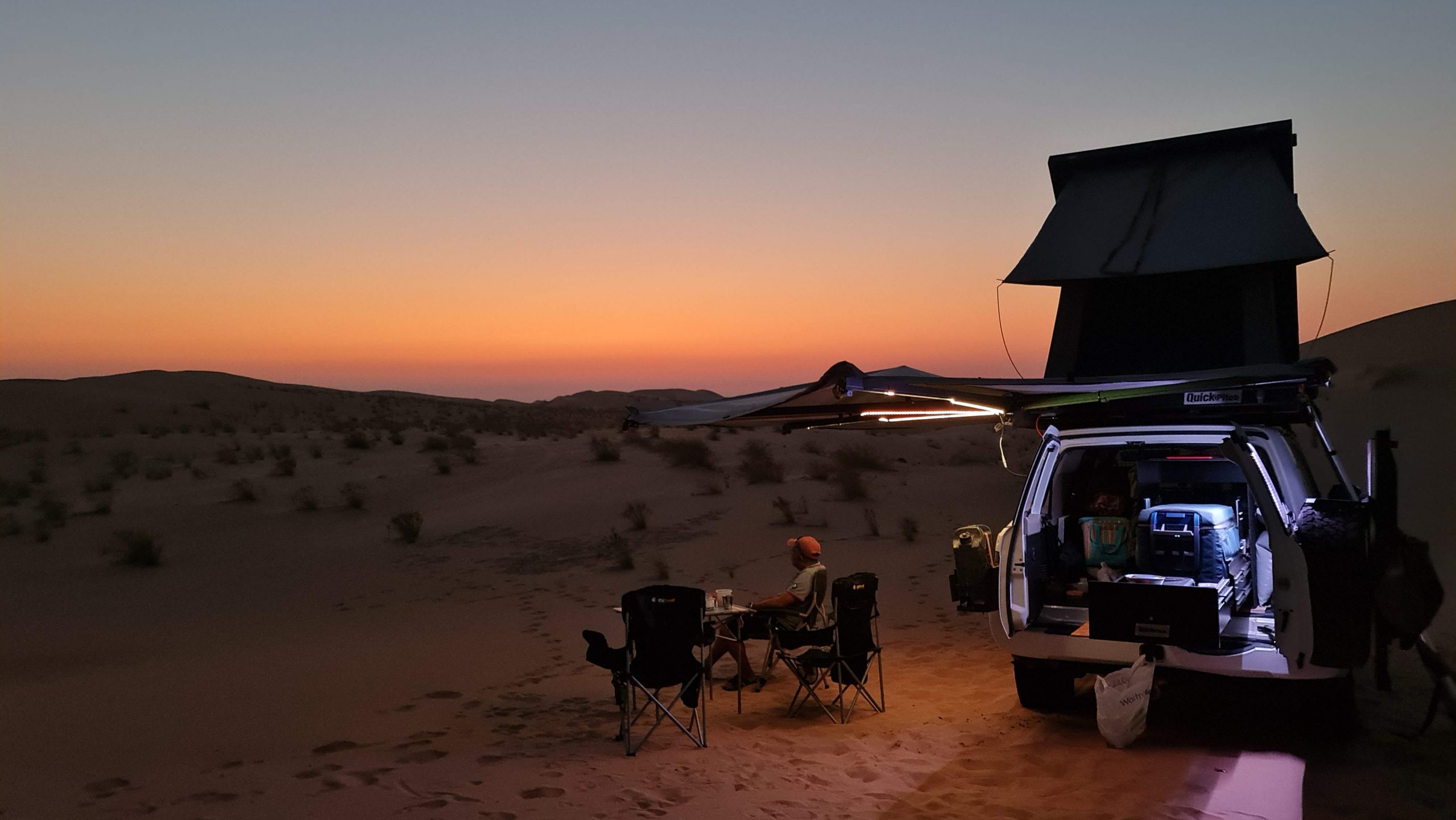
Built to cross continents

about hunting shop
Between our online shop and our storefront in Narrogin, we’re able to equip the entire Perth metropolitan area and much of greater WA with all of the outdoor sporting equipment, camping gear, and tactical gear they’re looking for.
Our Store
8162 North Elmwood Street
Rockford, MI 49341
+844 125 – 333 -888
Store hours
- Monday - Friday 9:00am - 7:00pm
- Saturday 8:00am - 6:00pm
- Sunday 9:00am - 4:00pm
FREE Shipping
On all orders over $50 delivered within Australia.
International Delivery
International delivery available.
Easy Returns
We make exchanging and returning simple.
DELIVERY INSURANCE
Insurance on shipping included.
Overland GCC
-
Chicari Roof Top Tent
د.إ 4725.00 – د.إ 5250.00Select options This product has multiple variants. The options may be chosen on the product page -
Quick Pitch Ammo Box
د.إ 175.00 Including Sales Tax: د.إ 183.75 -
Camping Fan with LED Light
د.إ 132.00 Including Sales Tax: د.إ 138.60 -
Vintage Camping Lantern
د.إ 85.00 Including Sales Tax: د.إ 89.25 -
Twisty Light
د.إ 145.00 Including Sales Tax: د.إ 152.25 -
Lamp Shade
د.إ 78.00 Including Sales Tax: د.إ 81.90 -
Quick Pitch Drop Down Fridge Slide
د.إ 3125.00Select options This product has multiple variants. The options may be chosen on the product page -
RTT Trax Mount
د.إ 450.00 Including Sales Tax: د.إ 472.50 -
Quick Pitch 180 Awning Weathershade
د.إ 3750.00Select options This product has multiple variants. The options may be chosen on the product page -
Quick Pitch 270 weathershade side wall kit
د.إ 2920.00 – د.إ 3245.00Select options This product has multiple variants. The options may be chosen on the product page -
Quick Pitch Load Bar
د.إ 450.00 Including Sales Tax: د.إ 472.50 -
Roof Top Tent
د.إ 13198.50 Including Sales Tax: د.إ 13858.43 -
Gutter Mount
د.إ 240.00Select options This product has multiple variants. The options may be chosen on the product page -
Wheel Cargo Mount
د.إ 925.00 Including Sales Tax: د.إ 971.25 -
Trax-Tab
د.إ 2154.60 Including Sales Tax: د.إ 2262.33 -
Changing Room For Camping
د.إ 1420.00 – د.إ 1800.00Select options This product has multiple variants. The options may be chosen on the product page -
270 Awning Weathershade
د.إ 3670.00 – د.إ 4430.00Select options This product has multiple variants. The options may be chosen on the product page
-
Vatrer 200AH LiFePo4 Battery
د.إ 3458.00Original price was: د.إ 3458.00.د.إ 2666.00Current price is: د.إ 2666.00. Including Sales Tax: د.إ 2799.30 -
Vatrer 100AH LiFePo4 Battery
د.إ 1680.00Original price was: د.إ 1680.00.د.إ 1427.61Current price is: د.إ 1427.61. Including Sales Tax: د.إ 1498.99 -
E1500LFP
د.إ 4250.00Original price was: د.إ 4250.00.د.إ 3724.00Current price is: د.إ 3724.00. Including Sales Tax: د.إ 3910.20 -
Renogy 3000W Pure Sine Wave Power Inverter
د.إ 1925.00 Including Sales Tax: د.إ 2021.25 -
12V-20A-DC-to-DC Battery Charger
د.إ 535.00 Including Sales Tax: د.إ 561.75 -
Renogy 2000W Pure Sine Wave Power Inverter
د.إ 1470.00 Including Sales Tax: د.إ 1543.50 -
E2000LFP
د.إ 5219.00Original price was: د.إ 5219.00.د.إ 4695.00Current price is: د.إ 4695.00. Including Sales Tax: د.إ 4929.75 -
E600LFP
د.إ 1979.00Original price was: د.إ 1979.00.د.إ 1781.00Current price is: د.إ 1781.00. Including Sales Tax: د.إ 1870.05
hot offer this week


